


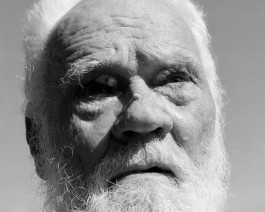

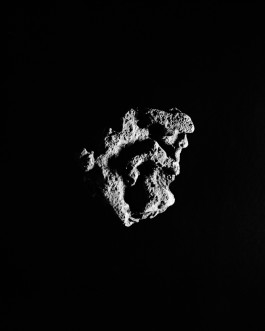

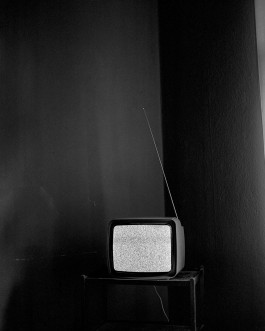
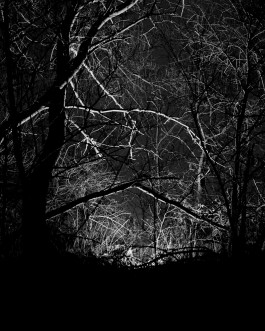
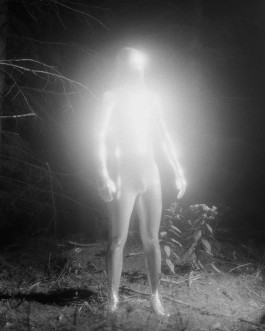






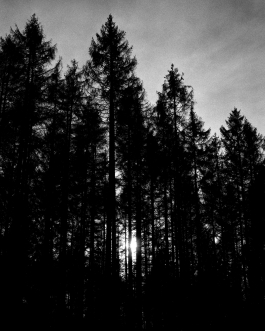

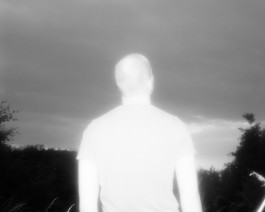

A Myth in the Making explores the intersection between psychology and the phenomenon of UFO sightings. Their frequent lack of credible evidence make UFO sightings a question of belief. In fact, many of them can be disproved through logical explanations. Yet, a lot of people want to believe UFOs are real, since the vastness of the universe makes it hard to imagine we are alone in it. The myths revolving around UFOs and alien planets have a lot of impact on our imagination of outer space, while being reflections of what surrounds us at the same time - since we have no choice to visualize it other than through our imagination. Swiss psychoanalyst Carl Jung, who dedicated a book to the phenomenon in the late 1950s, presumed UFO sightings to be humanity's projection of its existential angst.
He argues that the fascination for UFOs indicates deeply established needs and fears within humanity. He interpreted the rapidly increasing sightings in the 1950s as psychological projections of the ‘collective unconscious’, a term he coined to describe universal memories and experiences that all humans share, apart from their personal experiences. From his point of view, the increasing number of sightings was possibly an indicator for humanity’s collective fear of being at the mercy of a higher power they can’t control - it was the 1950s, the Cold War was peaking and human civilization had just undergone two World Wars.
Until today, statistics show that during times of crises, UFO sightings around the world increase. Let alone in Germany the number of UFO sightings nearly doubled from 2022 to 2023.